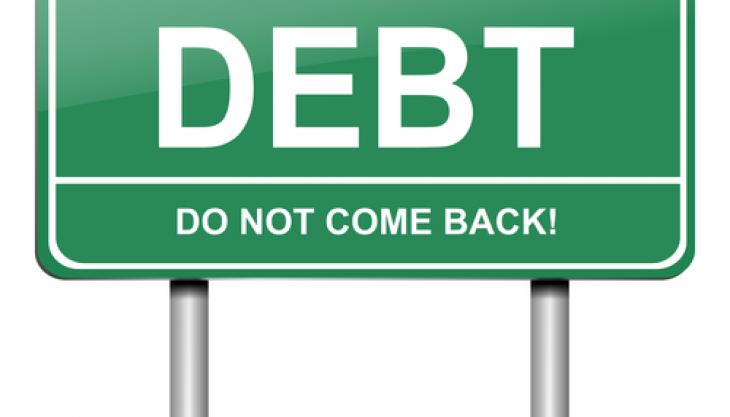You Filed Bankruptcy, Now What?
Submitted by Rachel R on Thu, 09/19/2013 - 10:18pm

Image source: InMediasResProject.com
Leading up to the time you file your chapter 7 bankruptcy, you may be stressed, trying to figure out which bills you can pay late, which you must skip to keep your rent or mortgage paid and your lights on. This process can be all-consuming. And once you file bankruptcy, there are steps you must take to ensure that the process goes smoothly and that you get your discharge. But once you have that in hand, what’s next? This is a question we are asked often by clients. It can be an odd feeling to know you’re debt free, but people aren’t sure how best to take the first steps of their fresh start.
Here are some steps you need to take after your bankruptcy discharge to make sure you get back on your feet financially and stay that way:
Understand What Happened So You Don’t Repeat It
You’ve heard the saying? Those that don’t understand history are doomed to repeat it. This is especially apt with bankruptcy. You must assess what factors led to your financial downslide so you can avoid them in the future. If it was a lack of medical insurance, you may need to try and get better coverage. If it was a job loss, perhaps you need a career change. If it was a divorce, you may need to be more financially cautious with your next relationship.
Image source: AustinCC.edu
Set Some Financial Goals for Your Future
Now that you have a financial fresh start, you need to make the most of it by setting some goals. And these should not be short term goals like buying a car, but long term goals toward financial stability like starting or adding to your 401(k), saving for a down payment on an affordable home or tackling your debt that survived the bankruptcy such as student loans. This is important to make the most of your financial fresh start.
Rebuild Credit Slowly
After your bankruptcy is discharged, you’ll start receiving new credit offers within months. You don’t want to jump in and start taking high interest credit just because it’s being offered. And when you do start to take on new credit, you should do it slowly and shouldn’t tap into it more than you need to in order to improve your credit rating. This means taking a low balance credit card with reasonable interest and minimal annual fees and then keeping 95%-100% of your credit line paid off each month. This will allow your credit score to rise while making sure you don’t get in over your head.
Image source: UKY.edu
Consider Support or Therapy
Long term financial problems that are common before filing bankruptcy can lead to stress and depression. If you were a compulsive spender, this can be an ongoing issue. If filing bankruptcy has left you feeling bad about yourself, this sense may stick around. If you’re dealing with any of these, consider looking for a support group for debtors or bankruptcy filers, group therapy or one on one counseling to help you get past this to be sure you’re mentally in the best space so you make the most of your fresh start.
If you’re deep in debt and looking for alternatives, contact the law offices of John Orcutt for advice on filing a North Carolina bankruptcy.
Debts Hurt! Got debt? Need help? Get started below!
Serving All of North Carolina
- Bankruptcy Attorneys Raleigh NC (North)
- Bankruptcy Attorney Fayetteville NC
- Bankruptcy Attorney Durham NC
- Bankruptcy Attorneys Wilson NC
- Bankruptcy Attorneys Greensboro NC
- Bankruptcy Attorneys Southport NC
- Bankruptcy Attorneys Wilmington NC
Bankruptcy Attorneys Raleigh NC (North)
6616 Six Forks Rd #203 Raleigh, NC 27615 North Carolina
Tel: (919) 847-9750

Bankruptcy Attorney Fayetteville NC
2711 Breezewood Ave Fayetteville, NC 28303 North Carolina
Tel: (910) 323-2972

Bankruptcy Attorney Durham NC
1738 Hillandale Rd Suite D Durham, NC 27705 North Carolina
Tel: (919) 286-1695


Bankruptcy Attorneys Greensboro NC
2100 W Cornwallis Dr. STE O Greensboro, NC 27408 North Carolina
Tel: (336) 542-5993

Bankruptcy Attorneys Southport NC
116 N Howe St. Suite A Southport, NC 28461 North Carolina
Tel: (910) 218-8682

Bankruptcy Attorneys Wilmington NC
116 N. Howe Street, Suite A Southport, NC 28461 North Carolina
Tel: (910) 447-2987
